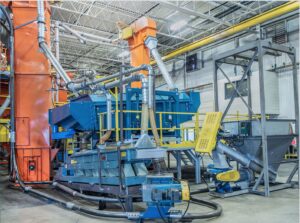CRM To Build New Tire Recycling Plant in Western Canada
The facility in Moose Jaw Saskatchewan expected to be operational in early 2023
Tire Stewardship of Saskatchewan (TSS), the stewardship program responsible for minimizing the impact of scrap tires in the province, has announced, CRM Rubber, a California-headquartered crumb rubber manufacturer, is investing in a new tire recycling center in the province. The new plant will be built in Moose Jaw, a southern Saskatchewan community.
In early 2021, TSS requested a proposal for a processor to service the Southern portion of the province. CRM was one of the several applicants that responded and provided a detailed business plan.
Crumb Rubber Manufacturer (CRM) established in 1998 has five manufacturing plants in the United States and Canada. CRM produces both ambient and cryogenic crumb rubber using advanced mechanical, cryogenic and ambient technologies to produce crumb rubber from whole scrap tires.
 CRM® GTR crumb rubber can be used in many applications, adding characteristics that improve the properties of finished products as well as reducing costs by replacing more expensive virgin compounds. Over the last 20 years CRM has established markets in North America for their high-value products primarily rubber modified asphalt (RMA), synthetic turf field and rubber molded products.
CRM® GTR crumb rubber can be used in many applications, adding characteristics that improve the properties of finished products as well as reducing costs by replacing more expensive virgin compounds. Over the last 20 years CRM has established markets in North America for their high-value products primarily rubber modified asphalt (RMA), synthetic turf field and rubber molded products.
Tire Stewardship Saskatchewan CEO Stevyn Arnt said. “We are excited about the market expertise and the technology that they utilize,” Tire Stewardship Saskatchewan CEO Stevyn Arnt said.
TSS’s primary task is to deliver all the scrap tires from Southern Saskatchewan into this facility for further processing. We have a processing agreement on the place that sets out the particulars of this arrangement, Arnt said.
The purpose of the center is to reduce greenhouse gas emissions associated with the processing of scrap tires.
Since 2017 TSS has focused on reducing the environmental impact and they are anticipating CRM’s production will be value-added processing. The addition of CRM as the province’s second processing facility will also shorten the average distance and reduce greenhouse gas emissions associated with collections of scrap tires collected from customers.
Currently, Saskatchewan’s processors rely on incentive fees from customers which they pay for each new tire purchased within the province for scrapping. TSS is changing its incentive framework to encourage processors in the future to develop new long-term markets for products and become less reliant on incentive fees for financial feasibility.
© Scrap Tire News, January 2023






